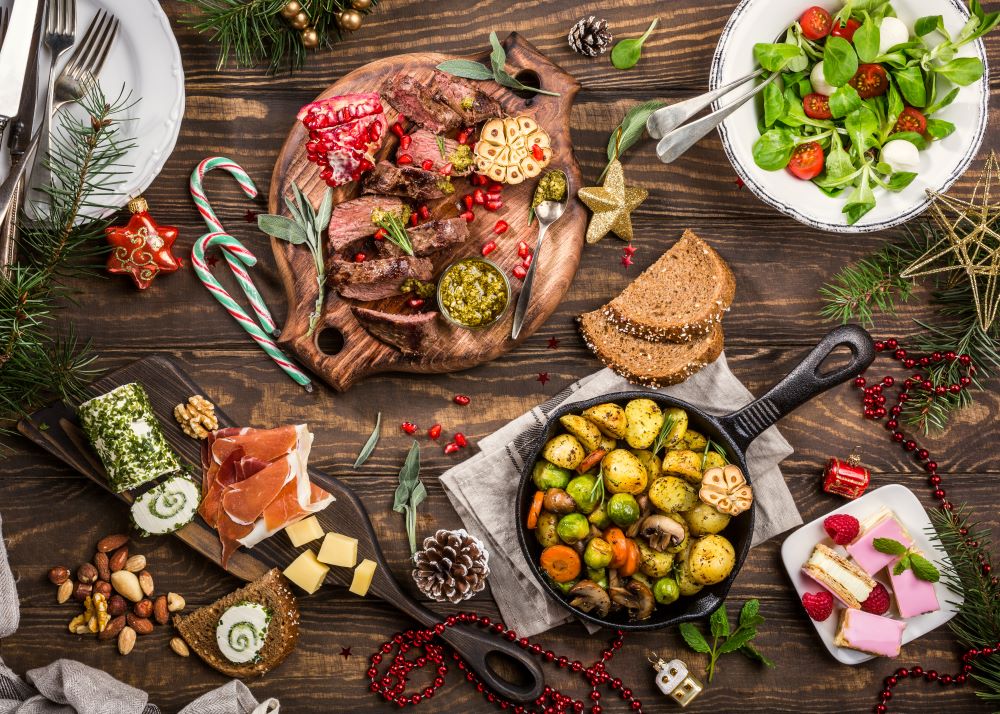
Meat and vegetable suppliers are warning of soaring prices for Christmas meal ingredients due to ongoing issues with the supply of carbon dioxide.
The gas is used to package food, stun animals for slaughter and to carbonate drinks.
Five-fold price rise
The government reached a £30 million supply deal with the UK’s leading carbon dioxide providers, including CF Industries, that lasts into January 2022.
However, the meat industry says it is nonetheless bracing itself for a possible five-fold increase in the cost of the gas.
This could see prices rise from £200 to £1,000 per ton – one that will almost certainly be passed onto consumers.
‘No detail’
Talking to the Telegraph, a spokesperson from the British Meat Processors Association said:
“We understand that business secretary, Kwasi Kwarteng, took the decision to temporarily exempt parts of the carbon dioxide industry from competition law to facilitate this agreement.
“But the industry has been given no detail on what the price will be or how it will be calculated going forward. What we need now is some detail and transparency around how the new pricing structure will work.”
The meat industry is reportedly the worst hit, as it needs carbon dioxide that is 99.9% pure, making it impossible to stockpile the gas that has a shelf life of just six weeks.
Crisis
News that basic food prices are to set to soar is bringing sharper focus onto the handling of the energy crisis in general – which has seen the price of gas rise by 250% since the start of the year.
It is believed that, within days, the government will again step in to support energy-high industries – such as paper, ceramics, steel and glass.
Rising energy prices have already seen ceramics manufacturers needing to spend up to 65% of their production costs on gas alone – double what they would usually pay, according to the British Ceramic Confederation.
Proposal
The FT reported Kwasi Kwarteng yesterday submitted a formal proposal to chancellor Rishi Sunak, which is believed to have asked for loans and other support packages worth in the low hundreds of millions of pounds to be offered to manufacturers.
But rumours also spread over the weekend that there had been increasing tensions between the chancellor and the business secretary about the level of aid that should be provided.
Mitigation
Downing Street has said that ministers were today looking at “what can be done to mitigate” the effects of soaring energy prices.
Gareth Stace, head of UK Steel, said: “The energy crisis of today will fast become the steel industry crisis of tomorrow.”



